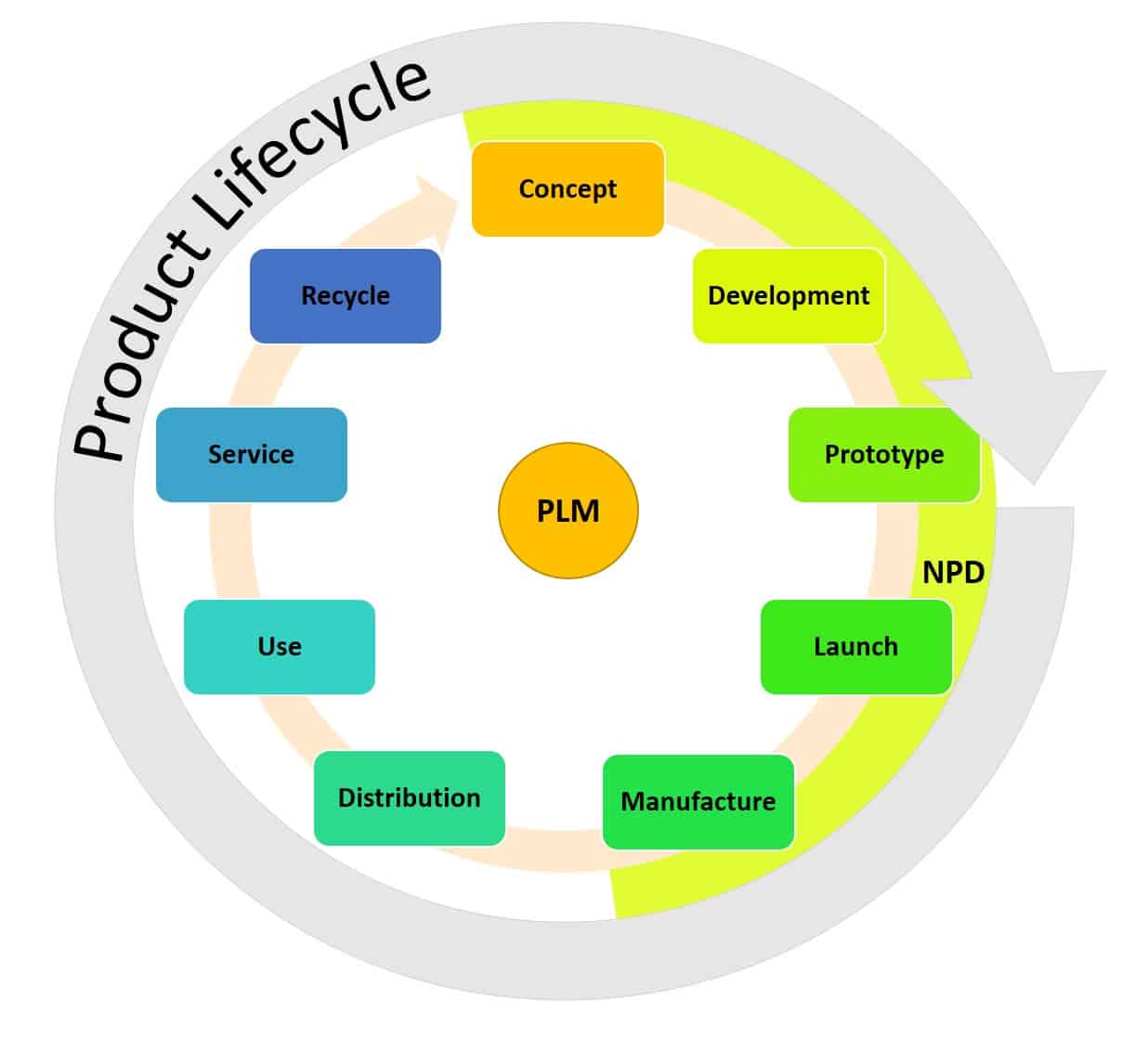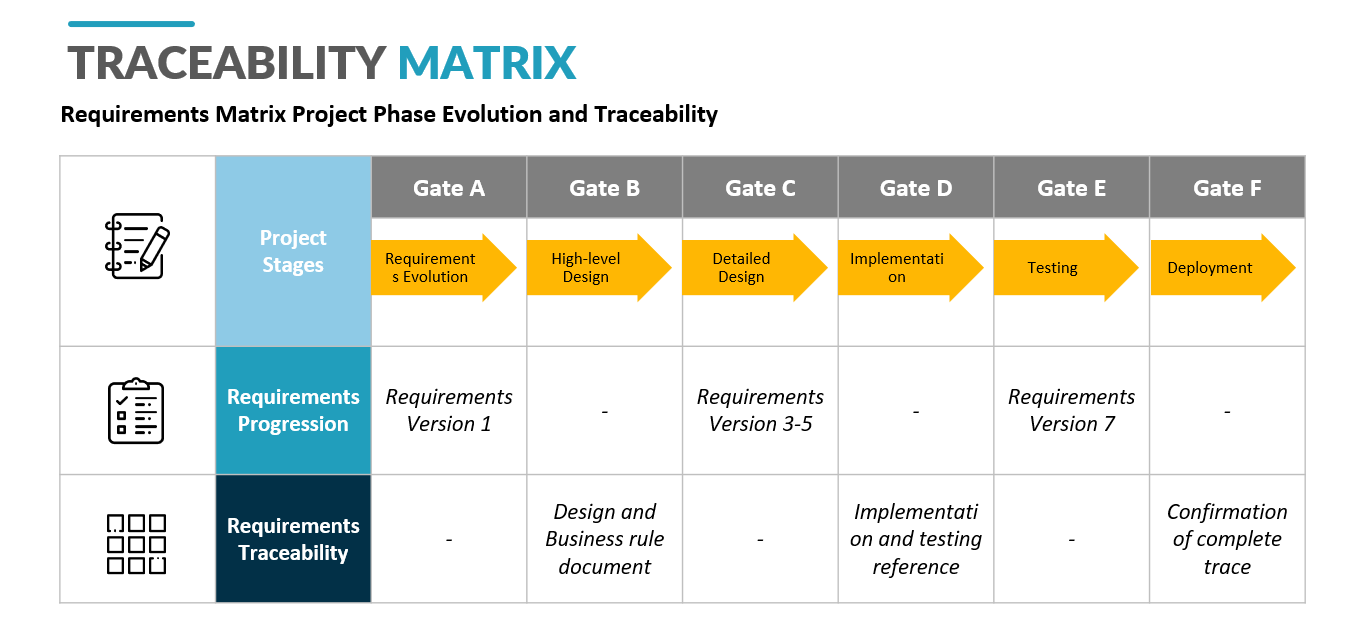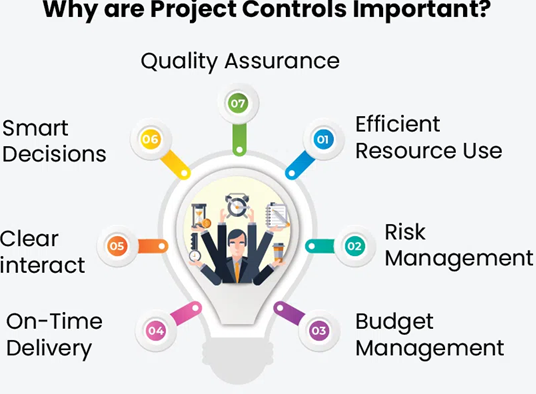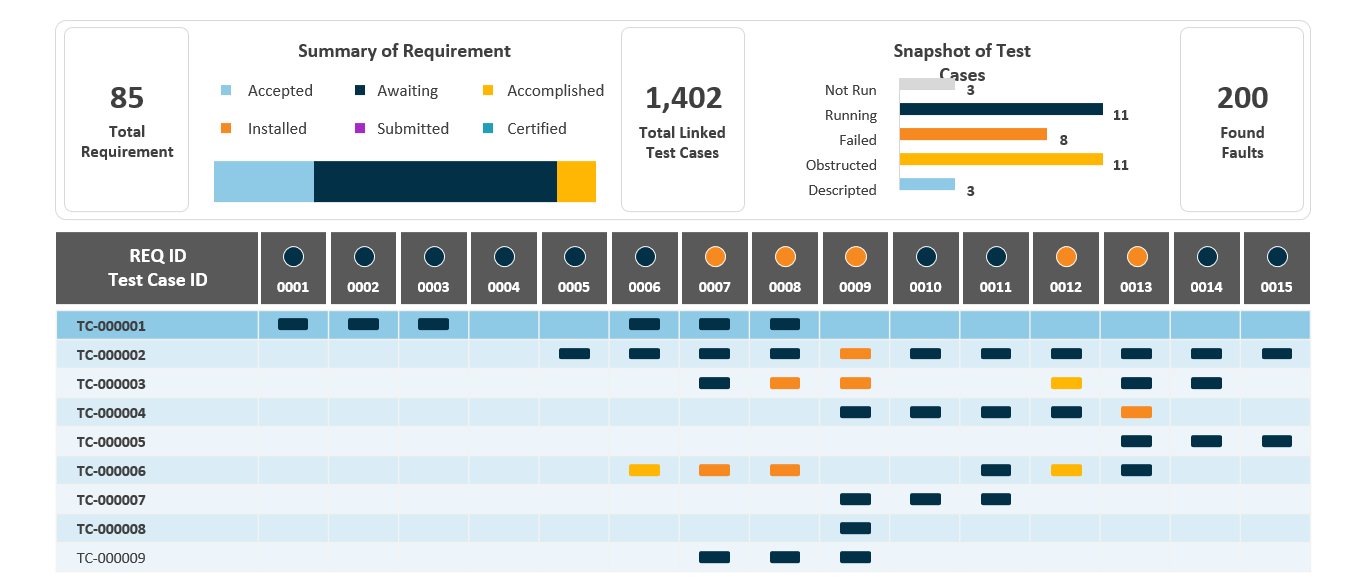Overview
Originally designed for Application Lifecycle Management (ALM), ProjectOne naturally extends into Product Lifecycle Management (PLM), enabling seamless support for key processes:
Product Requirements Document (PRD): Define the “What”
The PLM process begins with a PRD, which outlines the functional and non-functional requirements of the product. It defines what the product should do, target users, features, performance expectations, and any regulatory constraints.
-
Owned by: Product Management / Engineering
-
Purpose: Establish a clear product vision and scope
-
Outcome: Approved, version-controlled PRD shared across teams
Vendor Bid Request (VBR): Source the “How”
Once the PRD is defined, the project moves into sourcing and procurement. A VBR is created to invite external vendors or suppliers to bid on components, services, or solutions needed to build the product.
-
Driven by: Procurement / Engineering
-
Purpose: Identify capable vendors, compare cost, quality, and timelines
-
Inputs: Derived from technical specs and BOM outlined in the PRD
-
Outcome: Selected vendors integrated into the product development plan
Engineering Change Request (ECR): Manage the “Change”
As the product progresses—or in response to feedback from design, prototyping, or vendor constraints—changes may be required. An ECR is submitted to propose modifications to the product design, components, or documentation.
-
Initiated by: Engineering, QA, Manufacturing, or Compliance
-
Purpose: Formalize and review proposed changes
-
Workflow: Review → Impact Analysis → Approval or Rejection
-
Outcome: Approved ECR triggers Engineering Change Order (ECO) and updates to PRD, BOM, VBR, etc.
Release: Deliver the “Product”
Once development, sourcing, and change management are complete, the product reaches the Release phase. This formalizes the handoff to manufacturing, deployment, or customer delivery.
-
Led by: Product Management / Release Engineering / Manufacturing
-
Purpose: Package and approve the final product version for launch
-
Includes: Final BOM, CAD files, test results, compliance documents, vendor parts, release notes
-
Outcome: Product is released with complete traceability to all upstream artifacts (PRD, VBRs, ECRs)
ProjectOne ensures each stage—PRD to Release—is fully traceable, version-controlled, auditable, and collaborative, with real-time visibility and impact awareness across teams.
Project Management & Workflow
Unified Product-Centric Projects
In ProjectOne, each “project” is centered around a product, bringing together requirements, test cases, and defects in one place.
- PLM Workflow
- Structured, traceable, and collaborative framework for managing a product’s entire journey—from concept to retirement.
- Associate business rules that automate specific tasks for each step of the PLM process.
- Project Management
- Define milestones associated with key project tasks
- By mapping dependencies, create realistic timelines using tools like Gantt charts or critical path analysis.
- Manage resources across multiple products
- Product Categories/Roster
- Categorize similar products into specific categories each with predefined user sets.
- Auto-assign users based on product type (e.g., TVs vs. refrigerators)
- Project Templates
- Define business rules per category (e.g. automatically assign tasks to different roles)
- Enable only relevant modules based on project type

ProjectOne Requirements Module
Form the foundation for building the right product—efficiently, compliantly, and collaboratively

PRDs:
- Standardized PRDs with enforced templates for technical, marketing, and compliance needs
- Insert requirements from a common requirements library with reusable content
- Requirement types with parent-child links (e.g linking technical requirements to marketing requirements) and custom forms
- Versioning of each requirement prior to releasing to suppliers for bidding
Releases & Baselines:
- Finalize supplier contracts
- Capture read-only requirement snapshots for each product release
- Linking test cases to requirements to ensure product quality
VBRs:
- Generate mutliple PRD copies for suppliers each with their own space to respond and negotiate
- Use separate workflows for review, negotiation, and submission
- Isolate each supplier’s VBR with strict permission controls
Service BOMs:
- Import BOMs with interactive diagrams linking to detailed part info
- Export BOMs for documentation
ProjectOne Management Module
Engineering Change Requests (ECRs):
- Centralized tracking with specialized forms
- Multi-stage approvals tied to affected models and projects
Automated Control Tasks:
- Trigger tasks by stage using configurable business rules (e.g., marketing to engineering handoff)


ProjectOne Test & Defect Modules
Test Management:
- Reusable test cases linked to requirements
- Map pass/fail results to ensure compliance
Defect Tracking & Traceability:
- Link test results and defects directly to requirements
- Maintain full traceability from concept to final verification
Why Choose ProjectOne for PLM
ProjectOne offers a robust platform that seamlessly adapts ALM principles for Product Lifecycle Management (PLM). It streamlines processes like product requirements, vendor bid requests, BOM management, and engineering change requests, ensuring efficiency and collaboration at every stage.
With automated workflows, customizable templates, and comprehensive requirements management, ProjectOne enhances traceability and ensures product specifications are captured, approved, and finalized with ease. The vendor management and release modules simplify supplier selection, while integrated BOM and test case management ensure compliance and full traceability from design to final verification.
ProjectOne helps businesses reduce errors, accelerate development, and improve decision-making, making it the ideal solution for managing your entire product lifecycle with greater accuracy and speed.
Innovative software trusted by




